Aix Marks the Spot
Glorious scents abound in charming cities like Grasse and Aix-en-Provence, but fragrance-making isn't as easy as it smells.
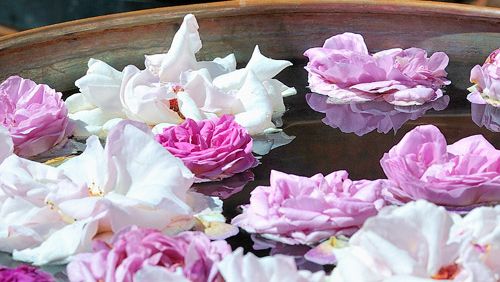
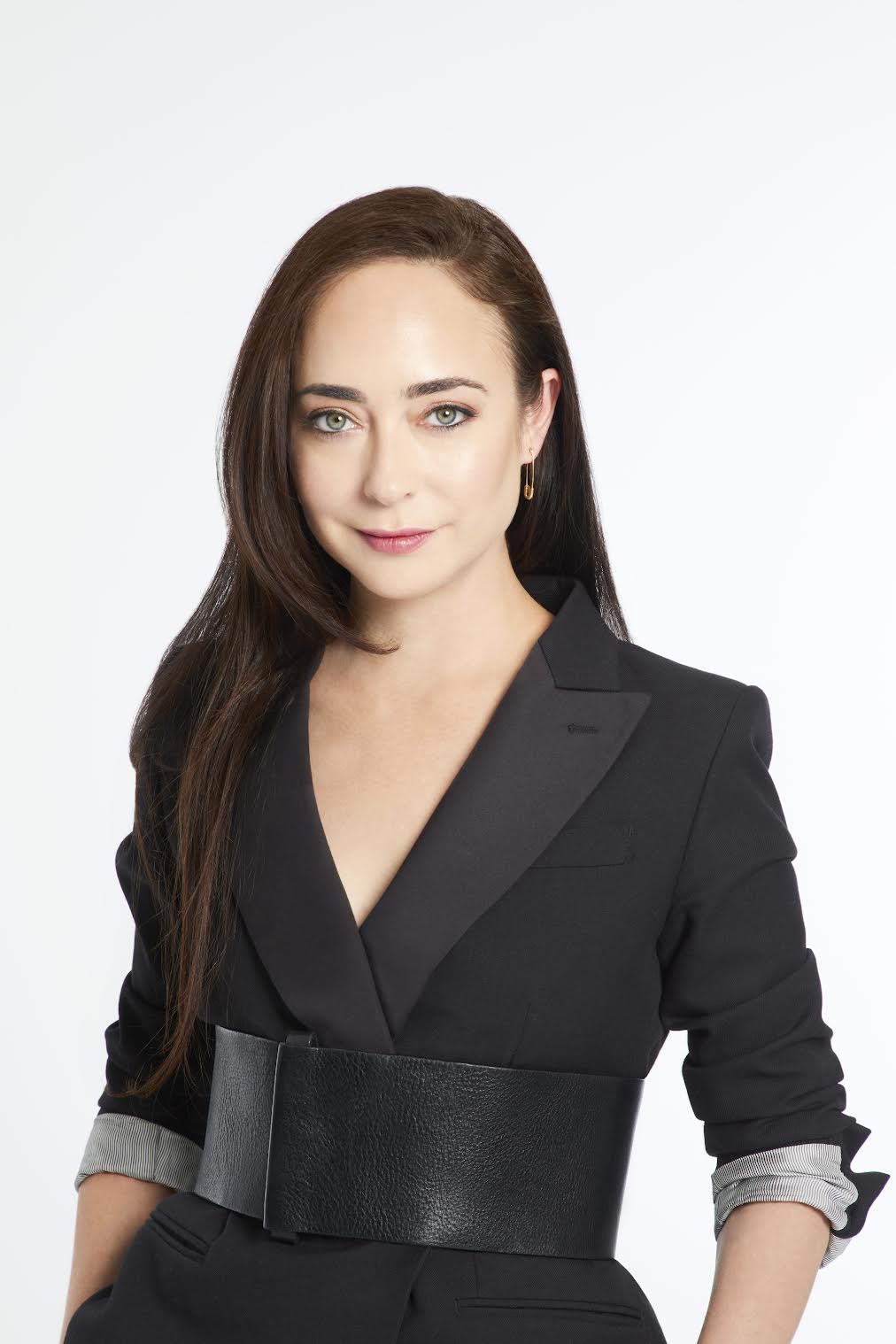
Most of us associate the south of France primarily with mainlining rosé and copious amounts of fromage. And within my first few hours in Provence, crisscrossing between the bustling towns of Marseille and Aix to the medieval hillside village of Cliousclat, I'm more than happy to report that the tradition is alive and well. (Just ask my waistline!) But there's an even more seductive, deeper passion that pervades the ancient-plane-tree- and poppy-lined roads that wind through the region: the olfactory charms of Provence. Here, endless lavender fields and fragrant orange blossom paths tease the nose at every turn; it's a place where perfume is a way of life.
I'm in good hands. My host, Olivier Baussan, is the founder of the region's most beloved and revered beauty brand, L'Occitane, purveyor of scents directly inspired by the region. Its catalog includes citrus, lavender, and verbena eau de toilettes — and my favorite, the truly decadent Rose 4 Reines Eau de Toilette, a heady mix inspired by the four legendarily beautiful daughters of the Count of Forcalquier. More recent additions include a stunning collection of colognes inspired by the area's ubiquitous fountains, and an entire line devoted to the delicate pivoine, or peony, locally sourced from the world-famous Rivière nursery near Lyon.
Drawing from the vast array of local raw materials, I get a chance to test my own scent-making skills at the European University of Flavours and Scents, an institute set in a cinematic-looking 13th-century convent in Forcalquier (naturally). My fragrance seminar begins with a brief demonstration of the distillation process — those poor flowers are boiled alive! — and a lecture on the history of perfume's Provençal origins. (Serious perfumers make pilgrimages to nearby Grasse.) Much like in a high school chemistry class, we students each have an individual lab station. But instead of croaked frogs, they're stocked with bottles of distilled water and alcohol and a (chic) tackle box brimming with vials of essential oils. The mad scientist in me wants to immediately start dumping the vials into the beaker, but I manage to refrain.
In fact, I discover that assembling a fragrance is very much a lesson in restraint. Consider how precious each oil is: It takes 5 tons of roses to produce about 2 pounds of essential oil. Handled like liquid gold, each individual drop must be painstakingly weighed and recorded in order for the blend to be reproduced. In fact, the greatest perfumers spend decades perfecting their craft, and it generally takes at least a year to complete a marketable scent. One of the reasons is purely technical: After the volatile essential-oil blend is mixed with stabilizing alcohol and water, then capped, it takes a month for the smell to "mature" and realize its full scent potential. Knowing this, one can only imagine how slowly the trial-and-error process between multiple renditions can progress. The other hindrance is of a more intellectual nature: Perfumery is an art — it simply takes time, non?
Finally, I get to work on my own mixture. Since I'm perhaps more creative than meticulous, my individual drops of oil are more why not? than planned and precise. And due to time constraints — I have about 20 minutes to create the scent of a lifetime (as opposed to the aforementioned 365 days, ahem) — panic sets in. The pressure! Still, after my professor's thumbs-up, I'm proud of my cocktail of neroli, jasmine, rose, patchouli, and sandalwood. It's simple, classic, and reminiscent of the luscious smells I've encountered during my stay in Provence.
A month later, I must admit my brew smells a bit more "old lady" than "breath of fresh air," which, much to my husband's chagrin, doesn't seem to stop me from spritzing it all over the place. But when I need a more authentic Provence fix, I have my L'Occitane scents to fall back on — the fresh peony; the rich, stately rose. In the end, once my passport has been safely tucked away at home again, it's understandable why perfumers across history have desired and attempted to bottle the essence of the gorgeous region. Luckily for the rest of us, there are more qualified experts than I to take care of that.
Stay In The Know
Get exclusive access to fashion and beauty trends, hot-off-the-press celebrity news, and more.
Erin Flaherty is a beauty journalist and consultant who has contributed to numerous publications including the Wall Street Journal and Domino, among many others. She is a board member of the Women's Global Empowerment Fund and especially passionate about worldwide beauty anthropology and women's issues. She lives in Woodstock, NY with her husband and dog.
-
 Tyla's Coachella Outfit Pairs Dolce & Gabbana With Pandora
Tyla's Coachella Outfit Pairs Dolce & Gabbana With PandoraThe singer wore a gold version of the crystal bra made famous by Aaliyah.
By Amy Mackelden Published
-
 How Kate Middleton Is Influencing George's Fashion Choices
How Kate Middleton Is Influencing George's Fashion ChoicesThe future king's smart blazer is straight out of Princess Kate's style playbook.
By Amy Mackelden Published
-
 King Charles "Couldn't" Meet Prince Harry During U.K. Visit
King Charles "Couldn't" Meet Prince Harry During U.K. Visit"It could actually bring down a court case."
By Amy Mackelden Published
-
 17 Celebrity-Favorite Perfumes to Shop at the Sephora Savings Event
17 Celebrity-Favorite Perfumes to Shop at the Sephora Savings EventSephora's Savings Event is full of celebrity-favorite perfumes at up to 20 percent off.
By Brooke Knappenberger Published
-
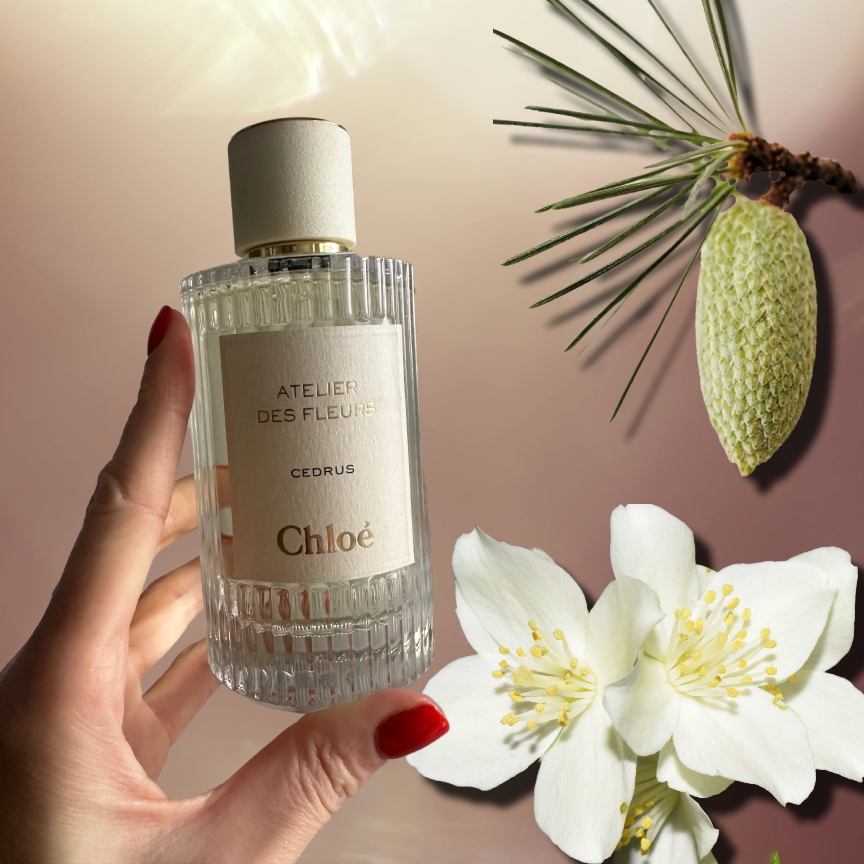 Chloé Atelier des Fleurs Cedrus Eau de Parfum Is the Perfect Spring Perfume for Sexy Witches
Chloé Atelier des Fleurs Cedrus Eau de Parfum Is the Perfect Spring Perfume for Sexy WitchesMysterious, earthy, intoxicating—what more could you want?
By Hannah Baxter Published
-
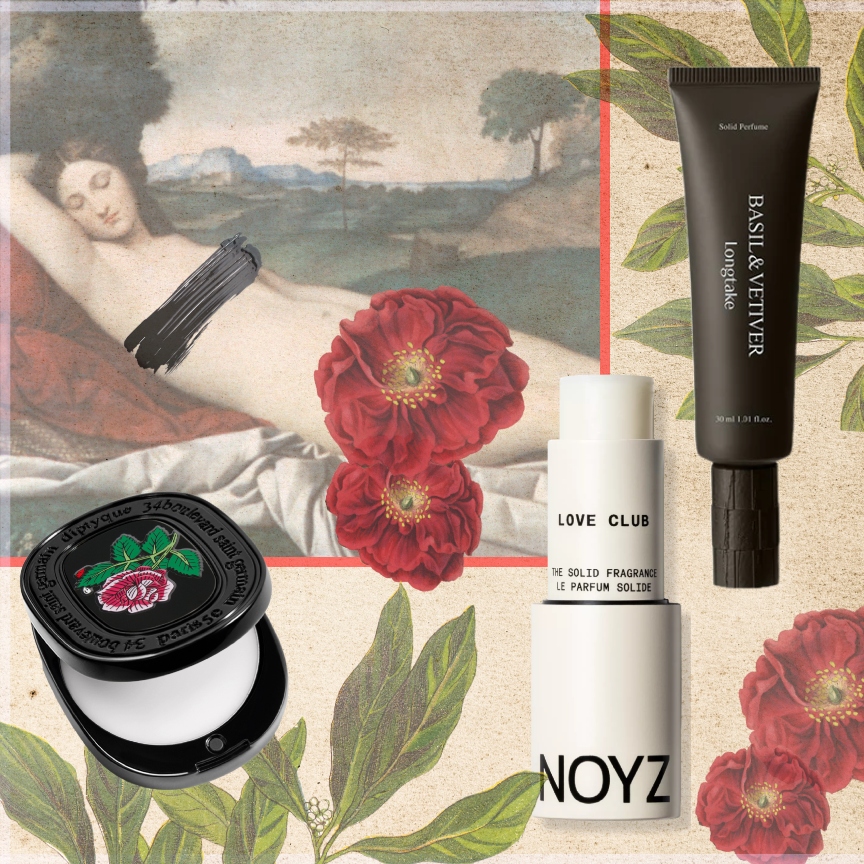 The Solid Perfume Trend Is a Renaissance-Coded Call for Longer-Lasting Fragrance
The Solid Perfume Trend Is a Renaissance-Coded Call for Longer-Lasting FragranceSolid fragrances take lasting power to a new level.
By Siena Gagliano Published
-
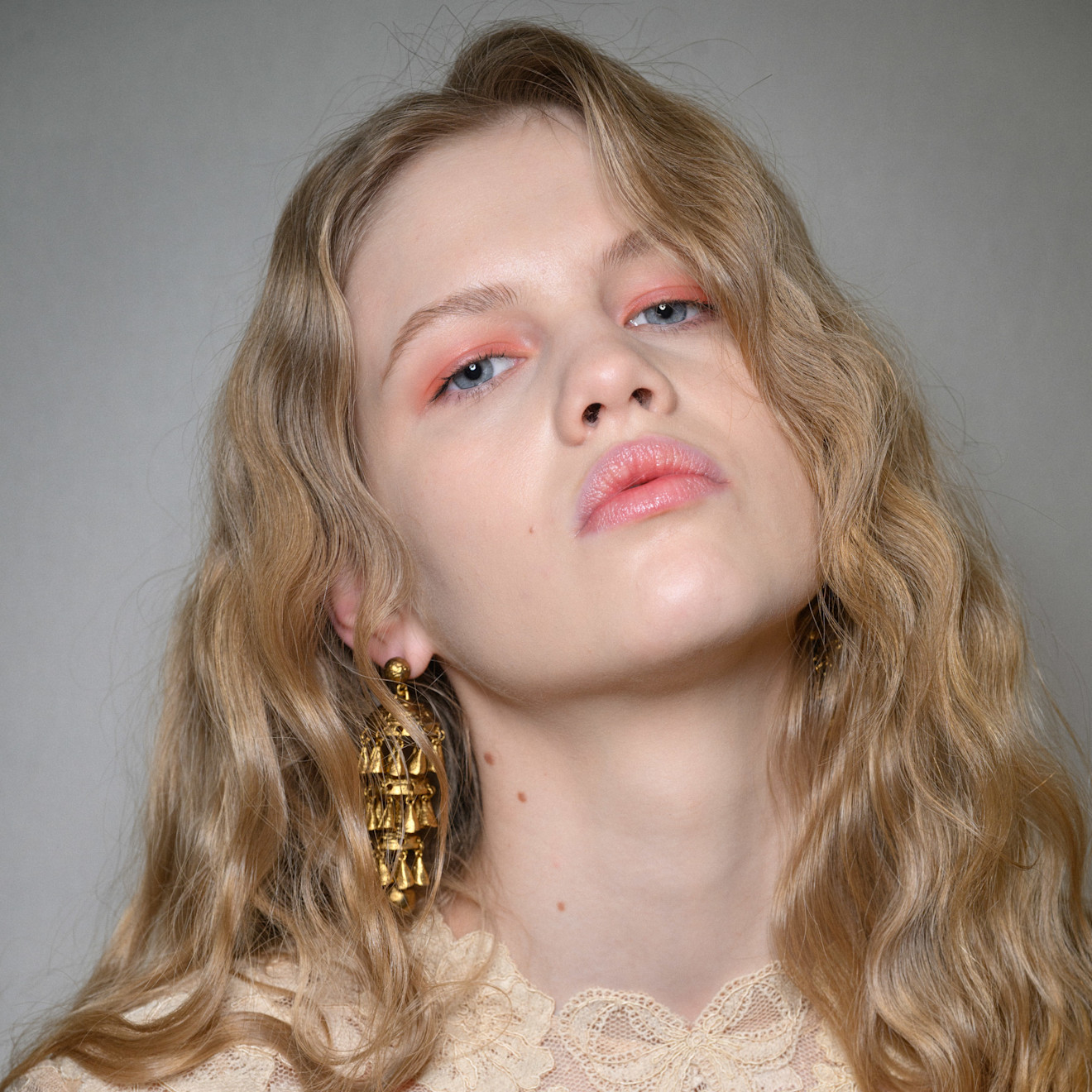 The 15 Best Spring Fragrances Reinvent the Classic Floral Trope
The 15 Best Spring Fragrances Reinvent the Classic Floral TropeThe season’s new signature scent.
By Ariel Baker Published
-
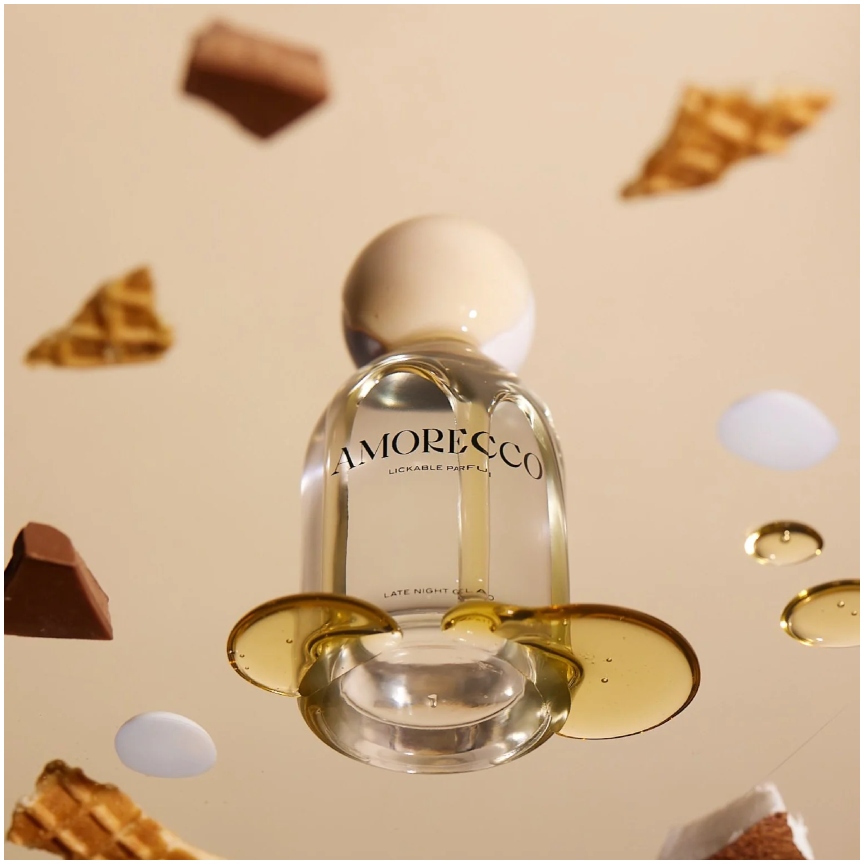 Edible Fragrances Are Trending—But Are They Actually Safe to Eat?
Edible Fragrances Are Trending—But Are They Actually Safe to Eat?The trend is... cute, but not the best idea.
By Siena Gagliano Published
-
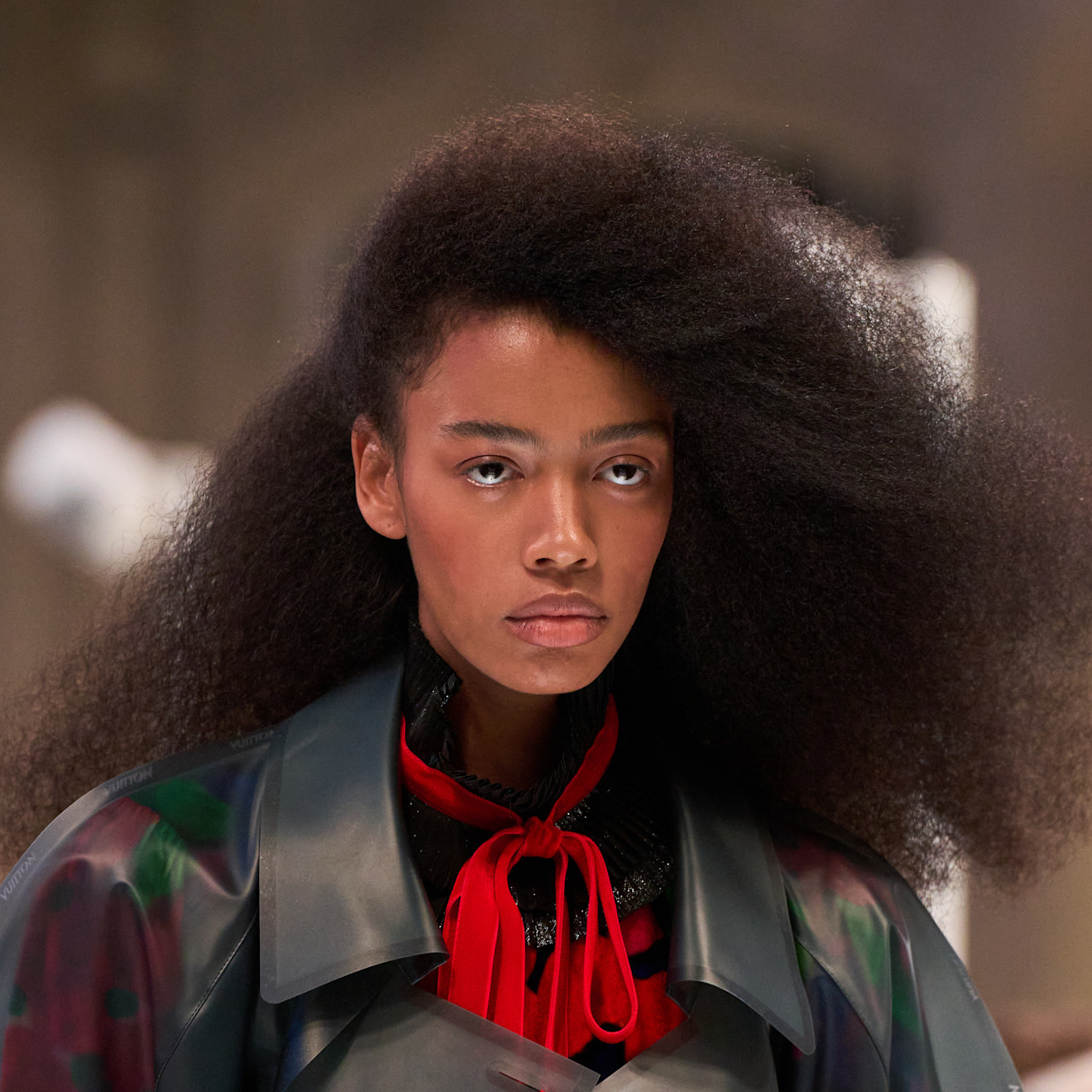 Everything You Need to Know About Marie Claire’s Skin and Hair Awards
Everything You Need to Know About Marie Claire’s Skin and Hair AwardsCould your brand survive an editor testing session?
By Ariel Baker Published
-
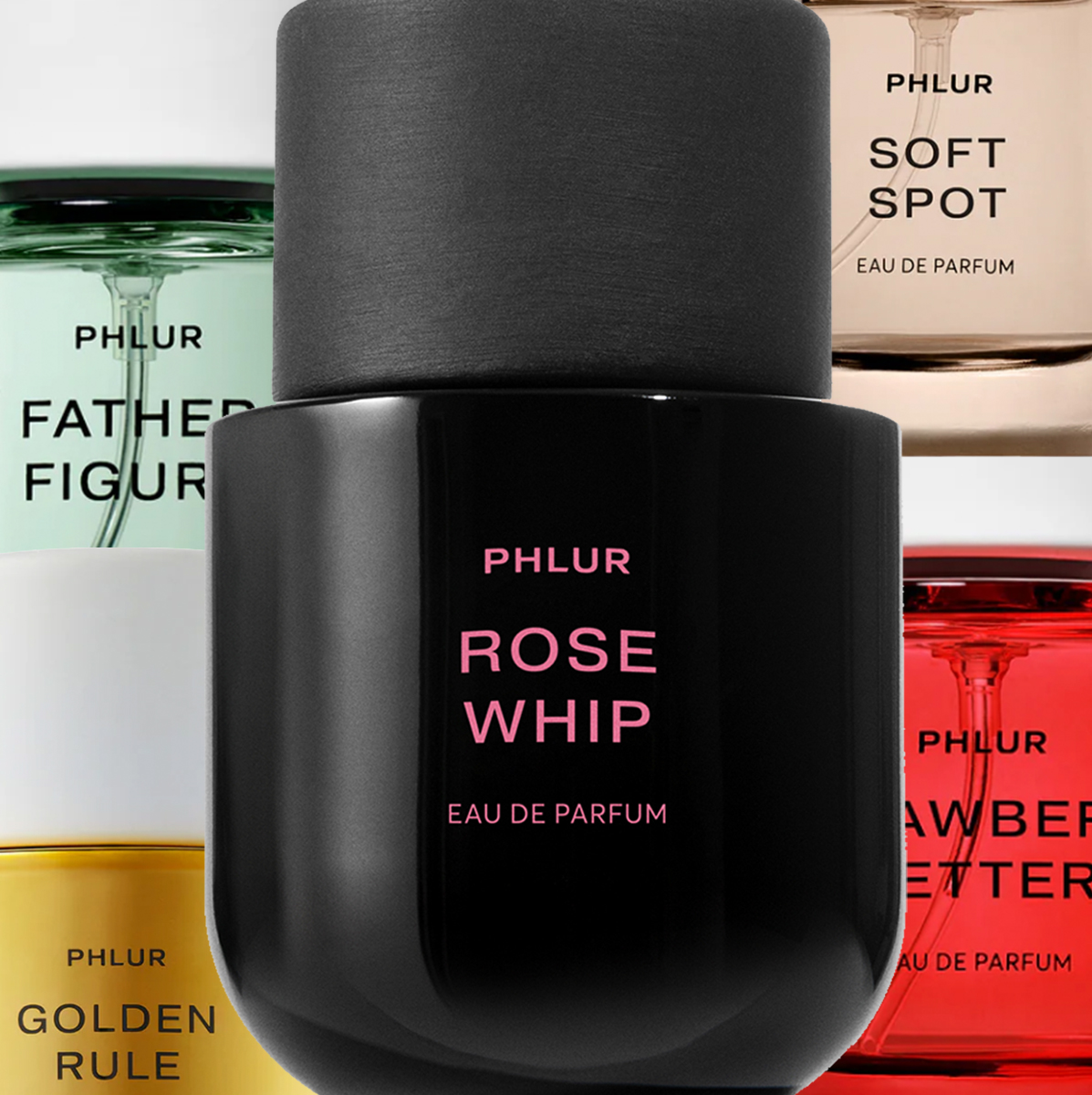 The 10 Best Phlur Perfumes, According to an Editor Who’s Tried Them All
The 10 Best Phlur Perfumes, According to an Editor Who’s Tried Them AllIt tops our list of the brand's 10 best scents.
By Brooke Knappenberger Published
-
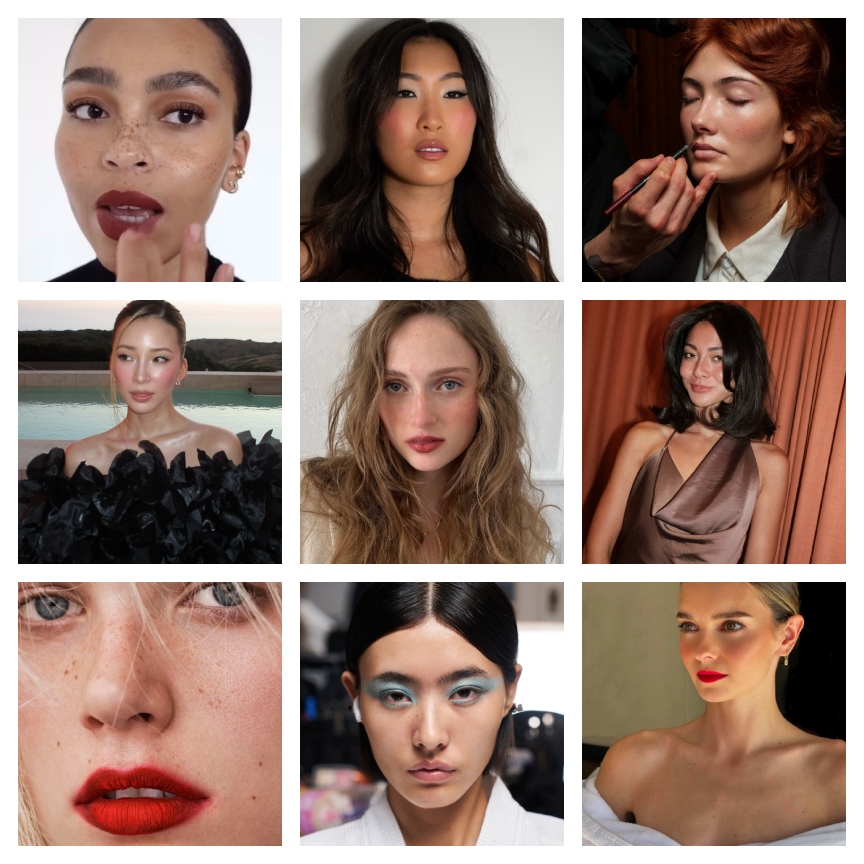 The 11 Best Spring Makeup Trends Are Sexy, Sensual, and Perfectly Luminous
The 11 Best Spring Makeup Trends Are Sexy, Sensual, and Perfectly LuminousIt's dew or die time.
By Jamie Wilson Published